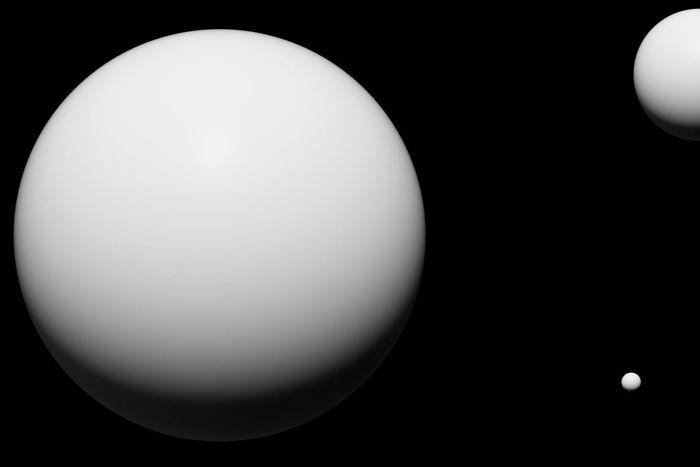I may be out on a limb, but I believe that NFTs, ie Non-Fungible Tokens, are total nonsense. Essentially, an NFT is a certificate stating that one owns a digital file, such as a photo, digital artwork, song or video. However, the ownership conferred by the NFT has no legal meaning. It does not give the owner of the NFT the power to exclusively use or dispose of the digital file in question. Nor does it bestow copyright or intellectual property rights. Other people can download it, share it, copy it or modify it. They can even create NFTs for identical copies of the original file. So the NFT has no value in any conceivable sense. It is essentially a status symbol, saying that its owner could afford to pay so much for something that has zero worth, apart from bragging rights.

The NFT market grew dramatically from 2020 to 2021: the trading of NFTs in 2021 increased to more than $17 billion. Jack Dorsey, the co-founder of Twitter, made an NFT of his first Twitter message, shown above. Iranian-born crypto entrepreneur Sina Estavi purchased the NFT for this message for $2.9 million in March 2021. Now he hopes to sell it for much more. The work entitled Merge by artist Pak, shown below, was the most expensive NFT, with an auction price of US$91.8 million. Many regard the NFT market as yet another Ponzi scheme, where early adopters get rich at the expense of later investors.

To underline the total worthlessness of NFTs, note that I could make an NFT out of a copy of the Merge artwork (which is already on my website), whose NFT sold for millions. Apart from being made later in the piece, there is nothing to say my NFT of Merge would be any different or any less valuable than the previous version.
Bill Gates said he thinks cryptocurrencies and NFTs are 100% based on the greater fool theory, the idea that, no matter its price, it could be sold for higher because “somebody’s going to pay more for it than I do.”
NFTs were created in order to monetise digital files. The problem is that once a file is publicly available, ie on the Internet, anyone can copy it, print it, send it to friends etc. Every copy of a digital file is identical to the original and can be duplicated at zero cost. So how can one own such a file? Unless you have the only copy on your private device, there is no way to own such an asset. NFTs were created to address this problem. However, they fail to do so because the ownership conferred by an NFT is purely notional. It is void of meaning because the "ownership" conferred lacks any of the properties we associate with the term. Owning an NFT is much like owning a comet or a mountain on the moon.
My description omits all the technical details. If you want to know more about NFTs, see wikipedia